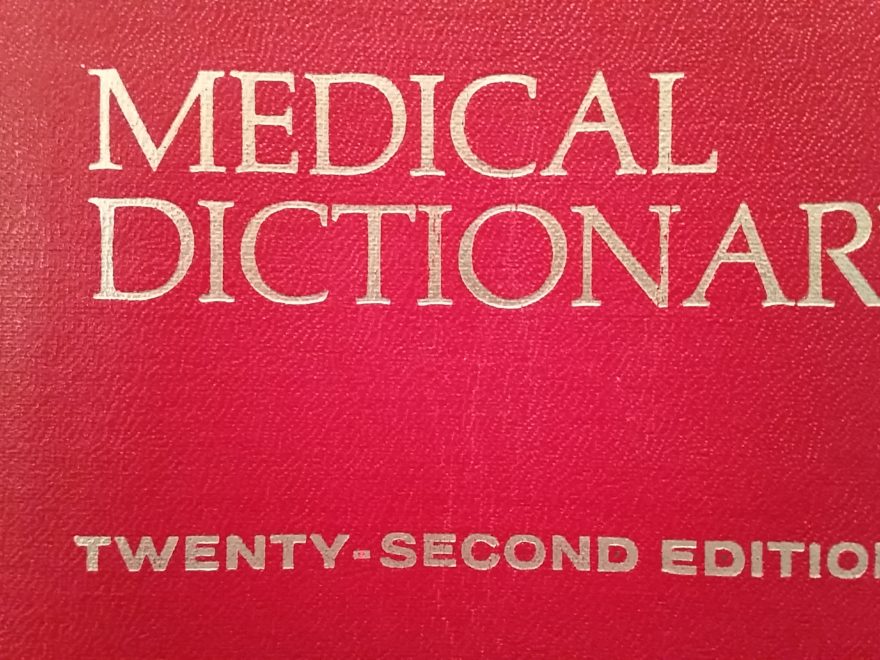For National Health Ethics Week (NHEW), I’m writing some posts about healthcare and medical research – for patients.
I’ll try to write one post each day, until NHEW ends on March 8. I work in bioethics, also called healthcare ethics, but am doing this in my free time. I hope this information is helpful!
Many of the words you see in medical research look familiar. But sometimes they mean something different from what we’re used to.
A good example are the words “assent” and “consent”. Consent usually means saying yes, agreeing to something. It’s the same for research. If you consent to a medical research study, you agree to be in the study.
In most situations, assent means the same thing. Not in bioethics, though! In medical research, the word assent is used for people who can’t consent.
That can be a tricky idea to think about, so I’ll give an example. If you fall and break your arm playing hockey, you’d usually go a hospital ER. People working there would have you, or someone helping you, fill in some forms.
They’d probably take some X-rays, set the bone, and put a cast on your arm. And ask you to come back so they could check on your broken arm a few weeks later. In this example, you didn’t hit your head, and you’re not confused or anything. You’re okay to make decisions about your treatment. This is called ‘competent’ to make decisions about your medical care.
Let’s say the hospital’s doing a research study, trying out a new kind of cast. If they wanted you to be in that study, the doctor or nurse would have to ask you to consent to be in the study. In some kinds of study you might have a 50-50 chance of getting the new kind of cast. And a 50-50 chance of getting the regular kind of cast. In this example, you’d get a cast on your arm either way.
And if you don’t want to be in the study, you still get a cast! You’ll get whatever the regular treatment is for that injury, at that hospital. The doctor or nurse can’t treat you badly, or differently, because you don’t want to join a study. That’s not allowed.
If it this ever happens to you, tell your family doctor or another doctor – or nurse – you trust. Ask them to help you tell the hospital about what happened. That will help make sure the same thing doesn’t happen to anyone else. Maybe even a family member, a friend, or a neighbor.
If your daughter broke her arm playing hockey, it would be different. There would be 2 steps before your daughter could be in the study. First, the doctor or nurse would ask if you’d let your daughter be in the study. That’s called parental consent.
If your daughter’s old enough to understand, the doctor or nurse would ask her. They could ask her something like “Is it okay if we try a new kind of cast on your arm? You can have the regular kind if you want.” That’s called assent. She has the right to say no.
Assent, in medical research, is for people who can’t legally make their own decisions. So children under 18 (or at different ages in different provinces). And people who have dementia or trouble remembering things. People who can’t make healthcare decisions can be asked to assent to be in a study. And they have the right to say no.
For people who can’t consent, someone else consents to be in the research – on their behalf. That means making the decision for the person who can’t make the decision alone. Then the doctor or nurse would ask for the patient’s assent. For a person with dementia the doctor could show them both kinds of cast and let them pick. Like the example with your daughter.
What’s important to know is that you can say no to being in a research study. And you can stop whenever you want. It doesn’t matter if the patient consented. Or if the patient gave their assent, and someone else consented for them.
The doctors and nurses know that the patient’s rights are the most important. That’s part of what healthcare ethics, also called biomedical ethics or bioethics, is about.

